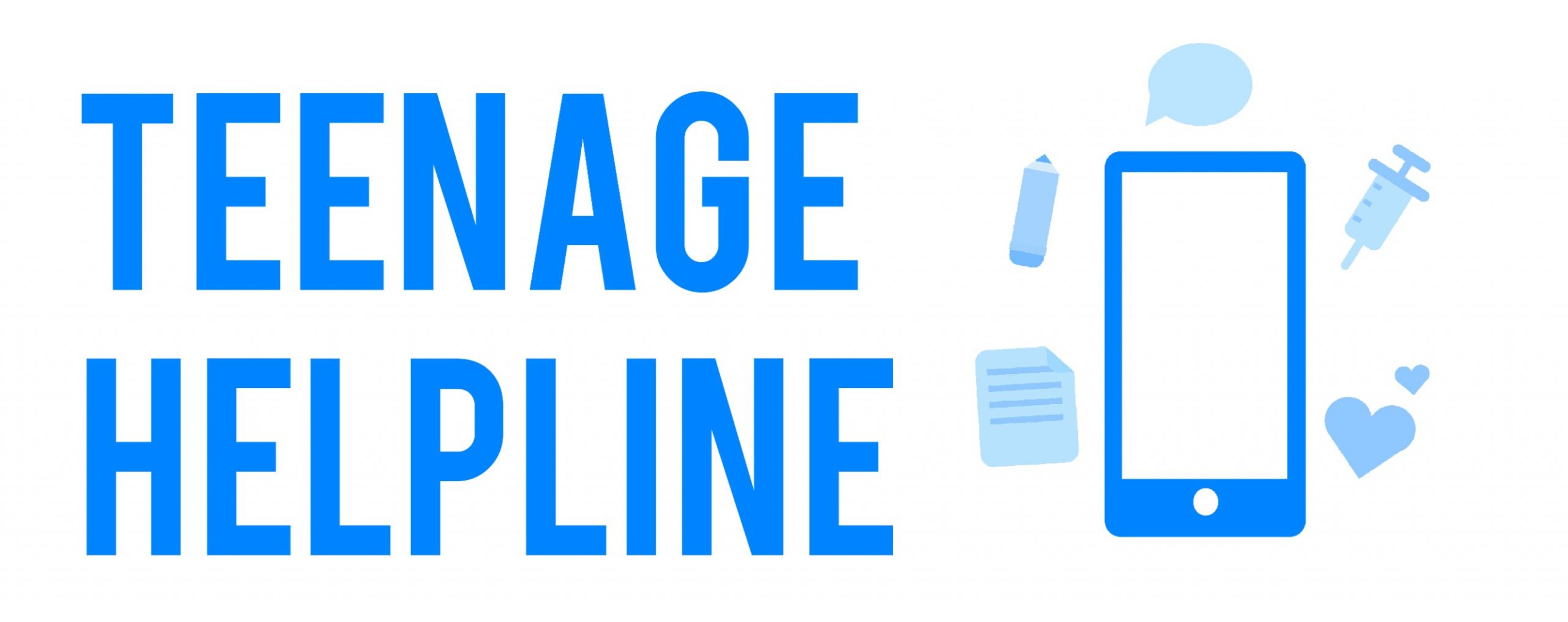Need support? ✉️ [email protected]
The Benefits of Exercise on our Mental Health
3 min read
Whether connecting with friends through Zoom, studying online, or having a Netflix marathon, lockdown has led us to spend more time online than ever before. And with winter’s dark nights and icy temperatures, stepping outside to exercise might be the last thing on our minds. But as the pandemic continues, it’s vital that we take time to look after our mental health – and exercising is a key part of this.
How can exercise help my mental health?
We’ve all heard about the benefits of exercise on our physical health. But did you know that exercise can have a huge impact on our mental health too? Research has found that exercise is key in boosting your mood and reducing feelings of stress, anxiety and depression. Getting active can also increase your energy levels during the day and help you to sleep better at night. These changes are partly due to the production of endorphins, which reduce the perception of pain and boost pleasure, resulting in more positive emotions.
But the benefits of exercise go hand-in-hand with the benefits of being outside. When spending large amounts of time indoors, it can be easy to become trapped in your own thoughts and the stresses of daily life. Taking time to connect with nature can have a calming effect on our emotions and lift our mood. It also gives our brains a break from activities that mentally drain us (such as studying and using technology), resulting in improved focus and concentration. Being outside in natural light can be especially helpful if you experience seasonal affective disorder (SAD), a type of depression that affects people during certain times of the year.
How can I get started?
Experts suggest that your mood can benefit from any form of exercise, no matter the intensity. So whether you’re running a 5k or going for a quick walk around the block, you can still reap the benefits of getting active!
Try to mix up your exercise routine to see what works for you. You could try a virtual exercise class, or download an exercise app, such as the NHS-recommended Couch to 5k. Apps such as Strava can also be a fun way to compete against your friends and do something together at a time when it’s difficult to see each other in person.
Or why not take part in Teenage Helpline’s ‘Fit in Feb’ challenge? This February, Teenage Helpline volunteers have been running, walking, cycling and swimming to encourage others to get up and get active, and to raise awareness of our vital mentoring services. Every £1 donated adds another 1km to our team’s target, with all donations going towards supporting young people. You can keep up with our progress and donate towards our target here. Or join our team on Strava to get fit, have fun and do something for a good cause at the same time!
We hope that this article has inspired you to look after your physical and mental health by getting active. But if you have any worries, questions, or want to share your thoughts, get in touch with one of our caring mentors today.




